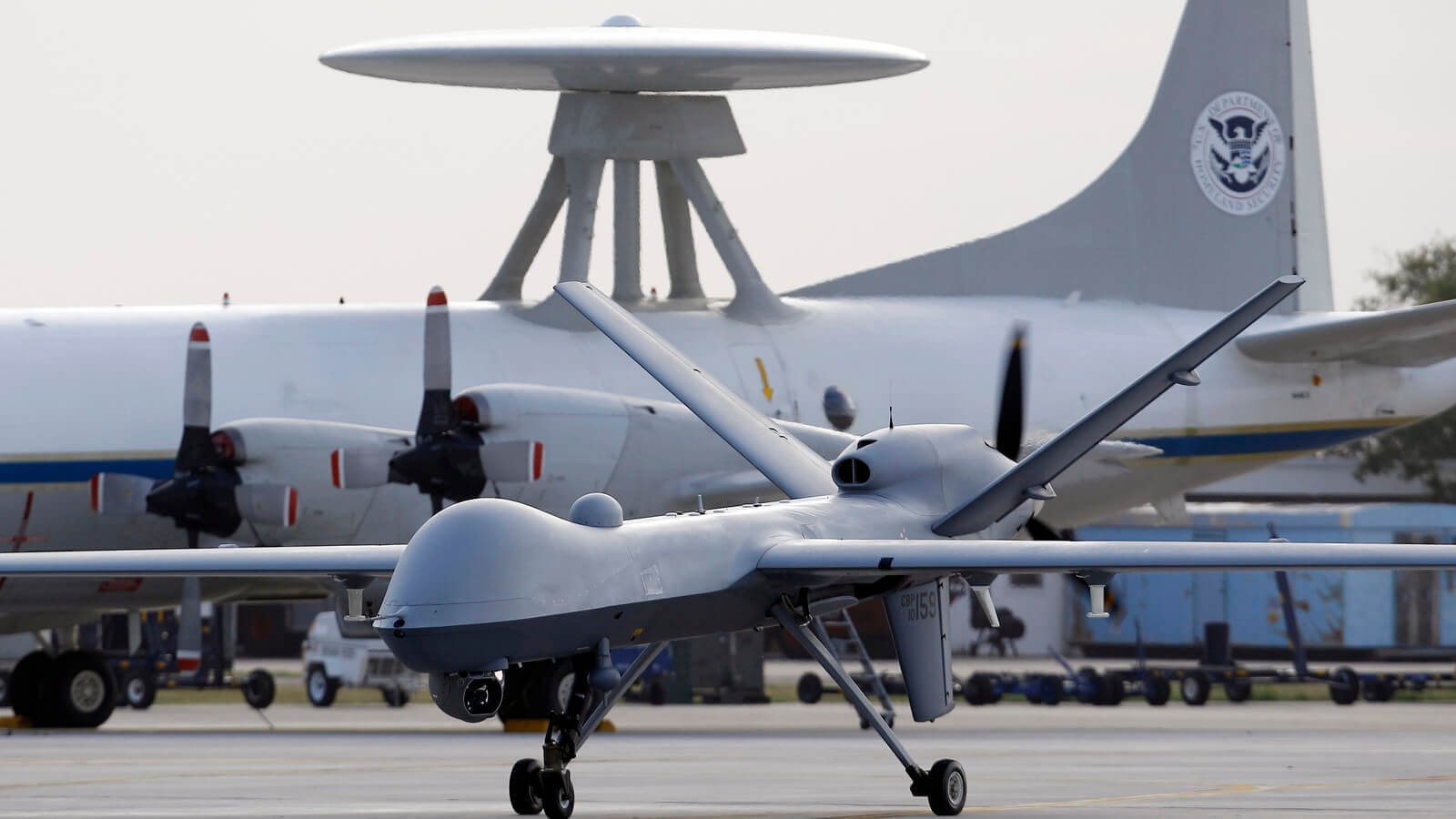The United States (US) military conducted an airstrike on Tuesday targeting Al-Shabaab terrorists in Somalia for the first time in nearly six months. The US Africa Command (Africom) stated that a single strike was carried out in Galkayo in coordination with the Federal Government of Somalia.
According to Africom, a “battle-damage assessment is still pending due to the ongoing engagement between Al-Shabaab and Somali forces.” However, the command confirmed that “no civilians were injured or killed” during the strike. It added that “forces take great measures to prevent civilian casualties. These efforts contrast with the indiscriminate attacks that Al-Shabaab regularly conducts against the civilian population.”
Moreover, Politico reported that President Joe Biden did not authorise the strike, and instead, the green light was given by Africom chief General Stephen Townsend. According to Pentagon spokesperson Cindi King, Africom launched the drone strike against Al-Shabaab militants attacking members of the Danab, an elite US-trained Somali commando unit. “No US forces were accompanying Somali forces during this operation,” King said, adding that it was a “remote advise-and-assist mission in support of designated Somali partner forces.”
It was also the first time the US carried out a strike in Somalia since Biden came to power. The last strike was conducted in January before former President Donald Trump left office. Since taking office, the Biden administration has limited the military’s capability to launch drone strikes outside active war zones and requires strikes to be authorised by the White House. However, in this case, King said “there was an imminent threat,” which gave Townsend the authority to launch the strike. The limits placed by the current administration on drone strikes are in stark contrast to the rules set by the Trump administration, which delegated authority to commanders in the field.
The change in the US drone policy has raised concerns in Somalia as it could lead to an increase in Al-Shabaab attacks. “Lack of strikes mean Al-Shabaab leaders will come out of hiding,” a senior Somali military commander told Voice of America in March. The commander added that “it will be detrimental not only to the security of Somalia but to the region if Al-Shabaab were given the freedom to move around.”
Al Shabaab, or ‘the youth’, is an al-Qaeda-affiliated Islamist group formed in the early 2000s to establish an Islamic state in Somalia. The group has carried out deadly attacks, including suicide bombings, in Somalia, Kenya, and Uganda, killing more than 4,000 civilians over the last ten years.
The US fears that the Horn of Africa could become an Al-Shabaab hotspot and a potential base for launching attacks on American soil if the militant group is not contained. Over the last decade, the US has provided billions to train and equip the African Union Mission in Somalia and the Somali armed forces. In 2017, the Trump administration authorised the deployment of US troops in the country for the first time since 1994. The US announced the withdrawal of troops in 2021. Washington has been carrying out drone strikes against Al-Shabaab since 2004 and launched 63 strikes in 2019 and 53 in 2020.

